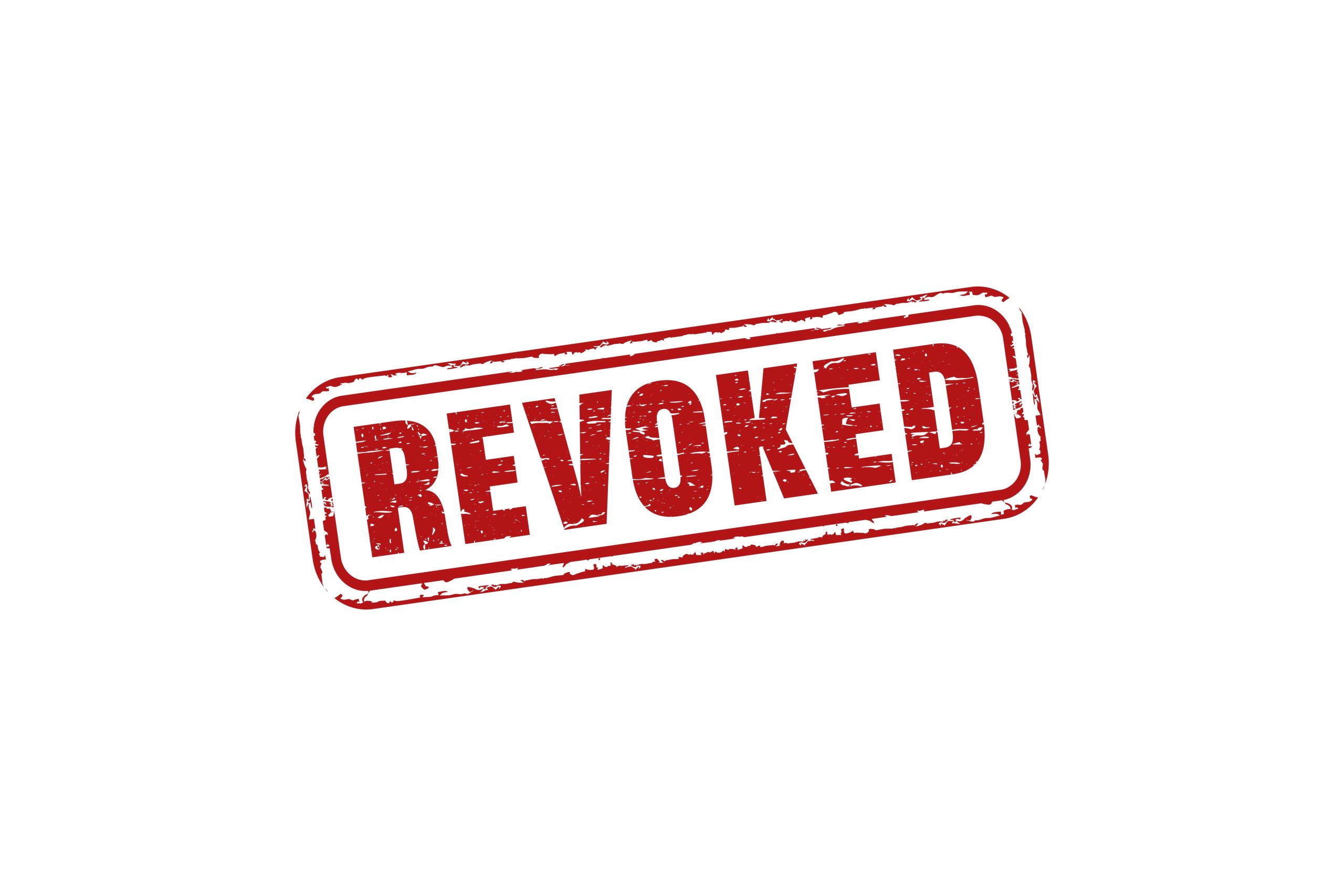- Contact Us Now: (201) 464-1011 Tap to Call
What to Know When Revoking a Will That No Longer Meets Your Needs

Your last will and testament is a cornerstone of your complete estate plan. A well-executed will prevents unnecessary heartache for your loved ones after you’re gone. But what if situations change and you need to revoke your will and write a new one?
Common reasons for revoking a will include major life events like marriage, divorce, the birth or adoption of a child, the death of a key person mentioned in the will (such as an executor, beneficiary, or witness), or significant real property transactions. Due to these changes, your will may no longer reflect an accurate snapshot of your life or your wishes. At this point, a New York estate planning attorney may recommend revoking a will that no longer meets your needs.
This guide sheds light on frequently asked questions about revoking a will. But remember, when revoking your will, consulting an attorney is crucial to ensure everything is done correctly.
Will Revoking My Will Reinstate A Previous One?
A common misconception is that revoking an existing will may reinstate a previous one. While this can happen, it is rare. More commonly, when a will is revoked and not replaced with something else, the courts will step in as if there had never been a will in the first place, and your estate will be distributed according to the laws of the state. You can learn more about New York’s intestate succession laws here.
Alternatively, when a new will is created, the old one is no longer in effect. If a client does wish to reinstate a previous version of their will instead of creating a brand-new document, it is a process that should only be done with the help of an experienced New York attorney. There are formal steps that must be followed to reinstate an older will, and a simple mistake or oversight could open the door for messy and expensive court battles when you are gone.
Can I Simply Amend A Will?
Technically, yes. An amendment to a will is called a codicil and was common in the pre-computer era when it was challenging and time consuming to draft an entire will. However, codicils can be problematic for a number of reasons. Chiefly, codicils are unfavorable because they can be lost or separated from the main will. Additionally, there can be issues with regard to execution of a codicil. And, since technology makes it much easier to edit a will and execute a new one, it is much safer to revoke a will and execute a completely new one.
If you wish to change your will, one thing you should not do is write your changes directly on the document. I can share with you many stories of handwritten amendments to wills gone wrong. Or, you can simply look to famous examples (such as the dispute over Aretha Franklin’s handwritten will) for clear and compelling reasons to avoid this “DIY” option. So, if you need to change your will, seek out an experienced estate planning attorney that will help you do so.
Can Wills Expire?
In general, wills do not expire. A last will and testament made 30 years before your passing remains valid. However, life changes happen. You can get married or divorced, or your wishes for disposing of your property can simply change. Therefore, it may be worth reviewing your estate planning documents every few years for relevance and to assess whether changes are needed.
Additionally, the law can change. For example, at one point wills were not “self proving,” meaning the witnesses who watched the will signing needed to participate in the court process after the will-signer (testator) passed away. Now, in New Jersey and New York, to properly execute a will, you should sign it in the presence of two witnesses and a notary. If it is signed in this way, there is nothing required from the witnesses after the testor passes away. The court will accept the will through the “normal” probate process. If it is not self proving, the will can still be accepted, it will just have to go through a more extensive and expensive (if you are using an attorney) process to do so.
Conclusion
Estate planning can be an overwhelming process, but an experienced attorney can help ensure that you are updating or changing your will in a way that is compliant with laws in the state where you live. Your attorney will also ensure that your document is created in such a way that will minimize conflict amongst heirs if you anticipate that some may not be happy with your changes.
If you have questions about changing or updating your will, or would like to speak with a lawyer to start the process, we invite you to contact The Chamberlain Law Firm by calling us at 201-273-9763. For more trusts & estates insights articles and videos, visit our blog.
This article is for informational purposes only. It is not intended as legal advice. In the event you would like to speak with a lawyer about the specifics of your case, contact The Chamberlain Law Firm at (201) 273-9763 to schedule a consultation.

